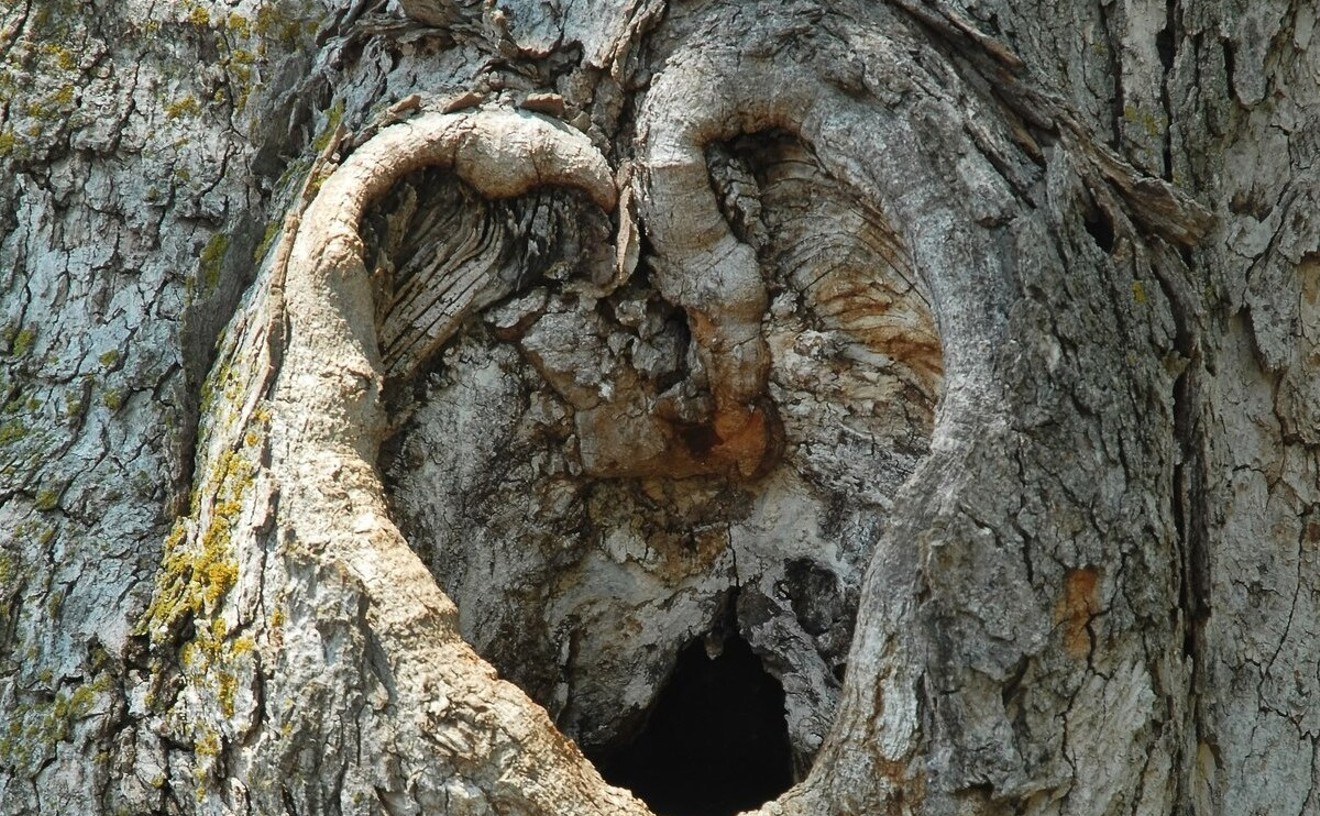On the night we attended the long-running I Love You, You¹re Perfect, Now Change, two of the actors had been replaced by understudies: Melinda Wilson was playing the roles normally taken by Gina Schuh-Turner, Klint J. Rudolph those of Jordan Leigh Gurner. Nonetheless, the four performers (the regulars are Mark Devine and Elizabeth Rose) worked seamlessly together to create an evening that was almost pure celebratory froth, with just the smallest and most occasional undertone of genuine sentiment.
I Love You is about relationships. In the first act, the couples primp, spar and flirt. Wilson and Rudolph negotiate a blind date (both are so busy, they agree to forgo the first date and start with the second, or perhaps with the first time they have sex -- well, no, a few months into the relationship); the two males sing a hymn to their own maleness; the women lament the dearth of eligible men; Elizabeth Rose exults in an anticipated dinner with an attractive date ("I Will be Loved Tonight") and, in one of the funniest sequences of the evening, Wilson, to the accompaniment of an admiring choir, expresses her astonishment because "He Called Me." This act ends with Rose and Devine comically hustled into marriage.
There's plenty to laugh at in the second act as Rudolph and Rose discover the infantilizing effects of parenthood, Wilson sings of the plight of the bridesmaid, and a trio of skits called "Waiting" explores the feelings of a football widow, a man condemned to accompany his wife on a shopping expedition and a woman who needs a toilet. But the issues have deepened.Well, a little.
There's a monologue made affecting by Rose, despite tissue-thin writing, about the pain of divorce. At the breakfast table, Devine sings softly to his wife of thirty years: "Shouldn't I Be Less in Love with You?" And at a funeral home, two old people lament the long-ago deaths of their respective spouses and begin making small, shy overtures toward each other.
The proximity of the audience to the action invites a specific kind of involvement. You see young couples laughing in recognition while older couples touch fingers. A white-haired woman watches the funeral skit with head-tilted concentration. When Wilson, as the football widow, says she loves football, a man in the audience responds loudly and a trifle drunkenly, "I wish I'd married her." A few lines later, it becomes clear she's lying. "I did marry her," the man groans.
The songs (music by Jimmy Roberts) are clever and so's the staging, but I Love You never really rises above a woman's magazine/Bridget Jones's Diary level. One wishes for more bite from writer Joe DiPietro. Still, it's great fun, and we all need a helping of peach soufflé now and then.
Everyone in the cast is talented, and all of them sing well. Clearly, no one's burned out by the show's yearlong run or lobbing an uninterested, too-practiced performance. Mark Devine has a broad face and a hail-fellow-well-met aura. He can switch from macho to goofy on the instant. He and Rose are side-splittingly good in "A Stud and a Babe," portraying hapless nerds out on a date. Trying to be seductive, each creates an absurd, out-of-date persona, a nerd's conception of a hottie. Rose, who has a husky voice that can be sexy or comic, plays a number of eccentric roles with ease. Rudolph, also a fine singer, is physically gifted, with an elastic body and expressive face, but his characterizations are shallower than those of the others. When he and Wilson play old people -- always an interesting challenge for a young actor -- the difference in their approaches is telling. He takes on a stock old-man walk and a somewhat inconsistent accent. She, by contrast, becomes immersed in the role, pensive, wistful, willing to take her time before speaking. It feels as if she's imagining herself into the mind and body of someone she loves. Couple Wilson's acting skills with her comic timing, presence and ability to fill the stage, and she's a find.











